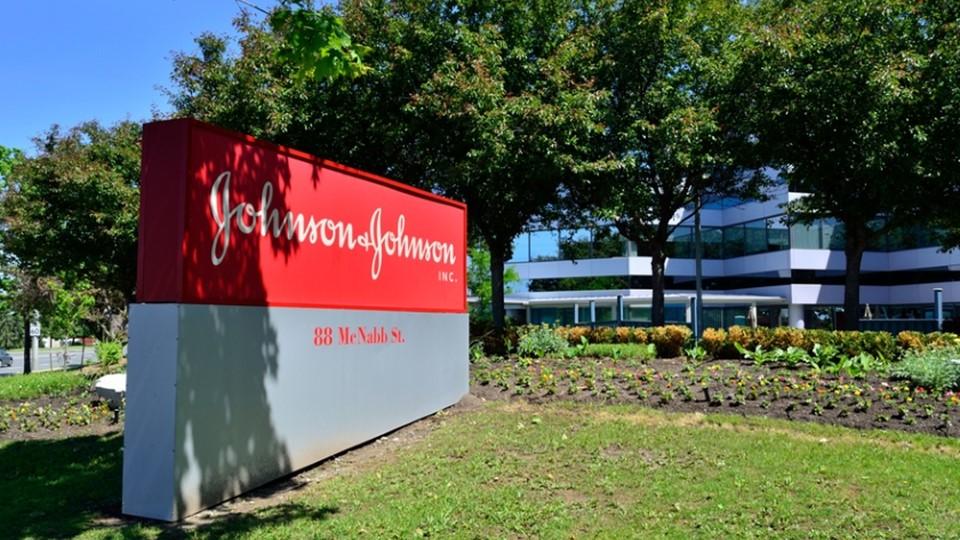J&J adds another string to nipocalimab bow with gMG data

Johnson & Johnson has reported new phase 3 data with its FcRn blocker nipocalimab in generalised myasthenia gravis (gMG), pointing to data that it says differentiates it from other drugs in the class.
The results from the Vivacity-MG3 study, presented at the European Academy of Neurology (EAN), show an improvement with nipocalimab compared to placebo on activities of daily living scores that have not been seen with other FcRn inhibitors, according to J&J.
With nipocalimab, J&J is hoping to take on rivals in the class like Argenx’s Vyvgart Hytrulo (efgartigimod alfa) and UCB’s Rystiggo (rozanolixizumab) in gMG, an autoimmune muscle-wasting disease that affects around 700,000 people worldwide.
The trial enrolled 199 patients with gMG who had insufficient response to standard drugs – including more than 150 who tested positive for antibodies against muscle receptors – with nipocalimab given as an intravenous infusion every two weeks.
Nipocalimab-treated patients saw a 4.7-point improvement from baseline in the myasthenia gravis - activities of daily living (MG-ADL) score in weeks 22, 23, and 24 - compared to a 3.25-point improvement with placebo, which was a statistically significant difference.
In a statement on the results, J&J said that a one- or two-point difference on the MG-ADL scale “may be the difference between normal eating and frequent choking on food, or shortness of breath at rest and being on a ventilator.”
It also said that nipocalimab has shown the “longest sustained disease control in [the] FcRn class for [the] broadest population of myasthenia gravis patients.”
The company has high hopes for the antibody, which it has called a “Swiss army knife” candidate for autoimmune diseases, with applications across multiple indications that it believes could make it a commercial blockbuster. Trials are also on the go in Sjogren’s disease (SjD), rheumatoid arthritis, systemic lupus erythematosus (SLE), idiopathic inflammatory myopathies (IIMs), haemolytic disease of the foetus and newborn (HFDN), and paediatric gMG.
J&J acquired nipocalimab when it bought Momenta Pharmaceuticals in 2020 for $6.5 billion, saying at the time that around 195 million people worldwide suffer from some form of auto-antibody-driven disease. It has previously suggested that the drug could eventually become a $5 billion-a-year product.
Also at EAN, UCB reported long-term follow-up data from the phase 3 MycarinG study of Rystiggo, highlighting its long-term safety and benefit on patient-reported outcomes like physical fatigue.
It also had new 96-week safety and efficacy results for recently approved once-daily subcutaneously-administered complement C5 inhibitor Zilbrysq (zilucoplan), a self-administered drug that has been launched as a rival to intravenous C5 infusions like AstraZeneca’s Soliris (eculizumab) and follow-up Ultomiris (ravulizumab).













